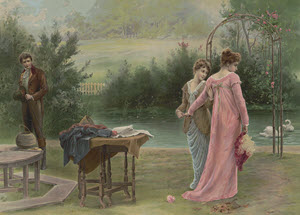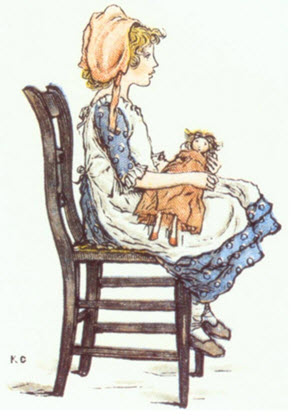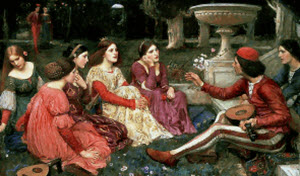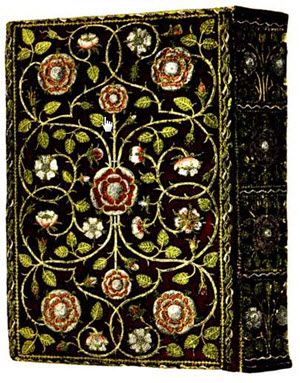EDGAR ALLAN POE - Part 10
His nose was long and straight, and hi features finely cut. The expression about his mouth was beautiful. He was pale and had no color. His skin was of a clear, beautiful olive. He had a sad melancholy look. He was very slender when I first knew him, had a fine figure an erect, military carriage, and a quid step. But it was his manner that mos charmed. It was elegant. When he looked at you, it seemed as if he could read your very thoughts. His voice was pleasant and musical, but not deep.
This description of Poe at twenty-two resembles other verbal pictures of his and most of the surviving portraits take] from life. It omits mention of a striking characteristic, the great breadth between the temples, and of a curious twist of his face, which gives to one side slightly sinister look. Most friendly accounts of Poe dwell on his fine manner and the distinction of his bearing. He had the training of a Virginia gentleman, and lie believed himself one. Though he fell into disreputable habits, was uncertain in his sense of honour, of fended good breeding in his quarrels, and became so reduced by poverty that he could write with enthusiasm to his mother-in-law of the "elegant ham' ? in a New York boarding-house (there is more simple pathos in that letter than in many of his more emotional ones), yet, for all that, he retained to the last the grand manner, the something proud, aloof, formally courteous, of the educated gentleman, the distinguished person.
"Poe's Mary" was not allowed to continue her relations with the penniless young man, whereupon he ungallantly published a satirical poem about her in a Baltimore paper. The young lady's uncle interfered. Mr. Poe horse whipped him, and flung the whip at Mary's feet. She afterward married, visited the Poes at Fordham, and was there when Virginia died. At the time of this love affair, the story of which seems to have a core of truth, Poe lived with his aunt, Mrs. Maria Clemm, and her daughter Virginia, aged ten or eleven, was the bearer of Poe's love letters.
Poe was certainly not at this time received in good society either in Richmond or Baltimore. There is a tradition in the Kennedy family that Kennedy used to drive down town in Baltimore, pull Poe out of improper places, and take him home. Mrs. Kennedy went with her husband on these friendly missions. When Poe in sorry condition reached the carriage, the presence of the lady touched the spring of his chivalry, and made him amenable to Kennedy's ministrations. The statement of Griswold, that Kennedy gave Poe shirt and coat, is probably true. Poe's declaration that he was indebted to Kennedy for life it self seems to be more than an instance of he exaggerated fervor which is common in Poe's letters, and there are indications that Kennedy knew and helped Poe before they appear in open relations as judge and successful contestant in the Saturday Visitor prize competition. Whatever is discovered about the years from 1831 to 1833 will probably show that Poe was then as low as he ever was in fortune and habits. Instead of representing him as a brilliant youth going down hill to an early death, we more fairly discern him as plunged by ill luck and faults of temper into a bad hole at (the beginning of his manhood and fighting his way out of it, with considerable pluck, toward renewed social recognition and successful industry.




